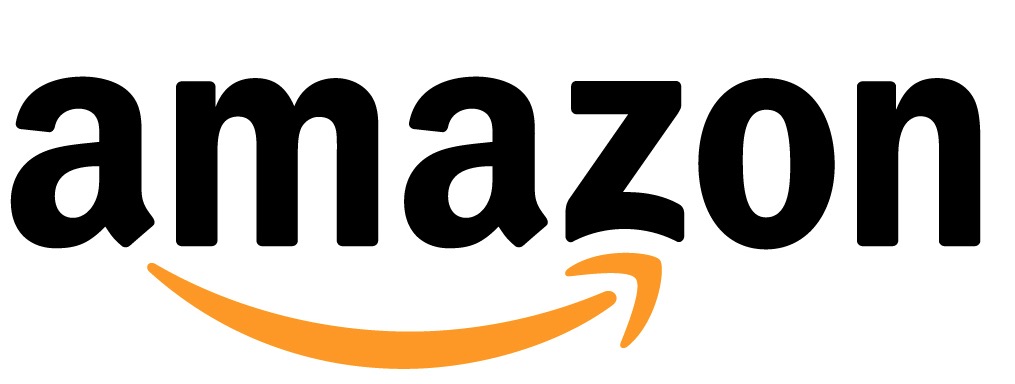Ad Disclosure
Why Philly Would Be a Good Home For Amazon
By Tim Reilly
Published:

On Thursday, news broke that Amazon was seeking to establish a second corporate hub to complement its massive operation in Seattle. According to the AP’s Joseph Pisani, “the company said…it will spend more than $5 billion to build another headquarters in North America to house as many as 50,000 employees.” Amazon set up a website to field applications from interested cities.
Right on cue, Mayor Jim Kenney announced in a Tweet that Philadelphia would be tossing its hat in the ring:
We think Philadelphia would be a PRIME location for Amazon that would make people SMILE! Look forward to submitting a proposal! https://t.co/l60Wn5BVdg
— Mayor Cherelle L. Parker (@PhillyMayor) September 7, 2017
Notwithstanding Kenney’s hackneyed pun, which is unbecoming of a St. Joseph’s Prep alumnus, the mayor is wise to pursue this opportunity.
Judging by the construction boom currently taking place in Center City, we certainly have the labor capacity to build whatever Amazon requires in terms of office space.
Do we have a population that can fill the thousands of high-skill jobs that Amazon will create? Given that only 25% of the city’s residents can claim to hold a Bachelor’s Degree – for comparison, current Amazon home Seattle’s is 58%, while the other top five markets are all over 30% – this might be an area of concern; however, that number rises considerably when one takes into account the population of the metropolitan area. Moreover, the open jobs will obviously attract applicants from all over the world, who would then relocate to Philadelphia.
One obstacle that will be particularly difficult to navigate is the backwards tax system implemented by our local government. It’s no secret that Philadelphia is a difficult place to set up a business. Taxes are burdensome, which is why a lot of companies set up shop in the suburbs. Our civic leaders are particularly adept at taxing mobile assets (see City Wage Tax, Business Privilege Tax, soda tax, etc.) rather than immobile assets (taxes on real estate, use and occupancy, etc.). If you want to read more about this issue, here’s a 42 page report from 2009 that was presented to Mayor Nutter.
Perhaps as an acknowledgment of their onerous tax system, the city offers numerous incentives to prospective businesses that wish to pitch their proverbial tent in Philadelphia. For example, Philadelphia provides a 10-year tax abatement on new construction in the city, something that is popular with developers. Undoubtedly, our government officials will back up the truck for Amazon, offering generous subsidies and abatements in exchange for the revenue that will flow into the city’s coffers from the new jobs that will be created.
Furthermore, Philadelphia has many of the assets that Amazon has identified in a municipal partner. According to Reuters, the corporate titan is looking for “a metropolitan area of more than a million people with an international airport, good education and mass transit.” The city can reasonably claim to possess three of these metrics. More anecdotally, Philly is situated between New York and Washington D.C., with easy, quick travel to both. It is largely viewed as being on the upswing as a tech hotbed, finishing high in multiple (arbitrary) media rankings, and is generally considered an increasingly desirable destination for young people. Having Comcast and Amazon call the city home would go a long way towards solidifying that standing.
The one longterm liability that threatens to stifle Philadelphia’s growth is the dysfunctional state of its public school system. The District’s woes are exacerbated by the competition with charter schools for resources.
Ultimately, the Philadelphia School District is hampered by the same vicious cycle that impedes the progress of many underperforming public schools. The system disproportionately serves communities that are collapsing under the weight of entrenched poverty; the subpar education the students in these schools receive perpetuates poverty. A stronger local economy could help break this cycle.
The education system would not be the only beneficiary of a potential Amazon move to Philadelphia. The city, like so many of its Mid-Atlantic and Rust Belt neighbors, has struggled to emerge from the rubble of the Industrial Age. The abandoned factories and warehouses that litter the Philadelphia landscape, especially in Kensington, serve as rusting relics of that bygone era. Gradually, we are adjusting to the new reality, but our politicians still make empty promises about bringing back the jobs of yesterday. Some even call for quixotic boycotts of companies that move their operations overseas. To quote Bruce Springsteen, “foreman says these jobs are going boys and they ain’t coming back.”
It’s time to look to the future. And there is no better business with which to partner than Amazon, one of the preeminent companies in the brave new world of the post-industrial, technological service economy.
Tim Reilly is a freelance writer from Northeast Philadelphia. He can be reached at reillyt7@gmail.com.